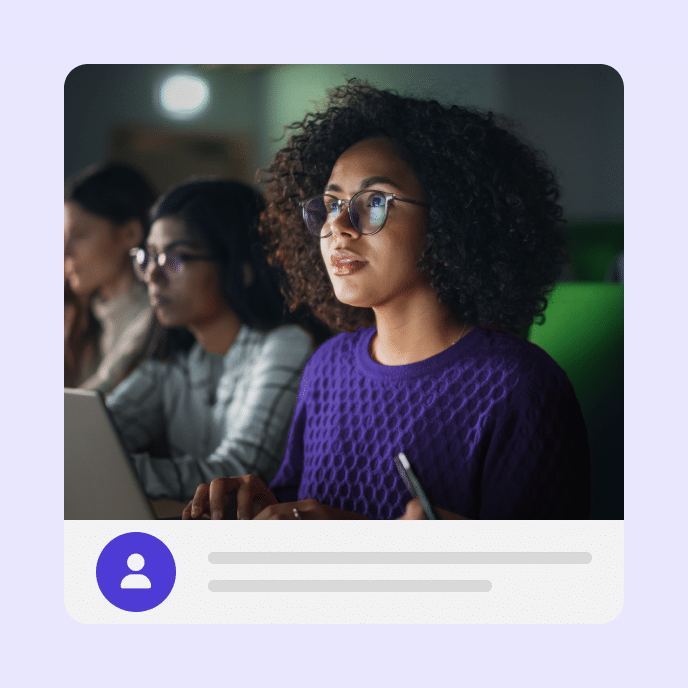How To Get the Most Out of Your Subject Matter Experts
Learn practical tips for collaborating with Subject Matter Experts in e-learning development. Improve communication, respect their time, and create better courses.

7 strategies to maximize collaboration and get better outcomes
Collaborating with subject matter experts is crucial for developing effective e-learning courses, but it can also be challenging. This post offers practical advice to help you navigate these relationships, from improving communication to maximizing your time together, ensuring your e-learning projects benefit from expert knowledge while staying on track.
At a recent e-learning conference, participants were asked about their biggest challenges in creating courses. Over half mentioned that working with Subject Matter Experts (SMEs) was a significant hurdle, often causing project delays.
SMEs are crucial to developing effective e-learning courses. They help shape learning objectives, create content, review for accuracy, and provide valuable feedback. But at the same time, they’re not course developers or instructional designers. Let’s explore some tips to help you manage your relationship with SMEs more effectively.
Clear communication is key
What we say and what we mean aren’t always the same. Moreover, what people hear isn’t always what we intend. Establishing clear objectives and expectations is vital when working with SMEs, who are rarely trained instructional designers.
- Involve SMEs early in the project
- Stay on top of project milestones
- Proactively communicate with SMEs
- Be mindful of their workloads
- Clearly explain what you need and when you need it
Respect their time and expertise
Everyone’s busy, so use your time with SMEs wisely. Prepare for meetings by gathering as much information as you can beforehand. This helps you understand the context and shows the SME you’re invested in the subject.
Provide a brief overview of learning principles
People often have preconceived ideas about training and learning. Don’t assume SMEs understand what you mean by “e-learning.” Consider developing a quick “elevator pitch” about learning principles and your course goals. This context can help SMEs brainstorm ideas on creating meaningful learning experiences.
Listen actively and ask good questions
Show respect by being a good listener. If SMEs feel you genuinely value their input, you’ll gain an ally. Come prepared with thoughtful questions – the classic “Who, what, where, when, and why?” is always a good start.
Keep it real and relevant
You want to capture the SMEs expertise while making the content accessible to novices. Sometimes, less is more. Try giving SMEs constraints, like “If you only had three screens to share your expertise, what would they contain?” This helps focus on essential information.
Use simple templates
If SME access is limited, create a basic template covering core objectives and questions that help them share their expertise. Include prompts to get them thinking about how new learners can practice using the information during the course and in real work situations. This will help guide some of the learning experience design.
Show appreciation
People appreciate recognition. Consider sending a quick email to the SME’s manager, highlighting their valuable input and service to the organization. I used to send them gift cards and other unexpected things. This not only helps your current project but can also pay dividends if you need more of their time later.
Conclusion
Effective collaboration with your subject matter experts is key to creating successful e-learning courses. By implementing these strategies – from clear communication and active listening to showing appreciation – you can build stronger relationships with SMEs, leading to more efficient project workflows and better learning experiences for your audience.
You may also like

What Is Everboarding and Why Your Enablement Team Needs It
Onboarding is just the start. Learn how everboarding helps employees grow continuously, adapt, and thrive throughout their careers.

